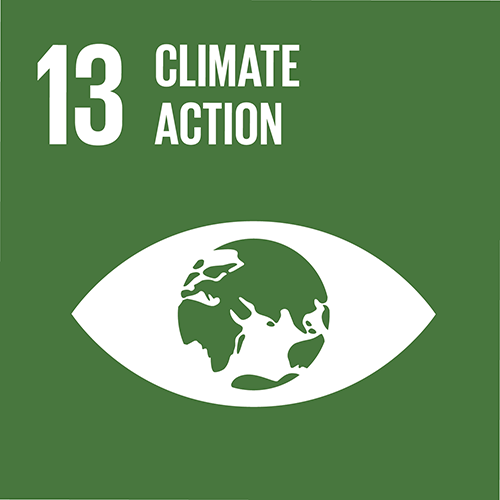Women's Self-Help Groups enable efficient Cook Stoves in Odisha, India

Project type: Efficient cook stoves
Project location: India, Odisha
Project status: In operation, credits available
Annual emission reduction of the whole project: 80,000 t CO2e
This climate protection project involves the installation and maintenance of improved domestic cook stoves in rural areas of Odisha. The stoves have improved combustion, resulting in less wood consumption for cooking, reduced carbon emissions, decreased indoor air pollution and less deforestation. The project is women-centric and aims to empower women by understanding the linkage between women, the environment and the economy.
Odisha, a state located on the eastern coast of India, has a population of 41 million. Out of this, the rural population of Odisha is 35 million. The project involves promoting and distributing improved cook stoves (ICS), among the socially and financially deprived rural communities of Odisha. Most rural and tribal communities use mud cook stoves of a «three stone» design, whose efficiency is only around 10 to 12 per cent. The primarily fuel for cooking food in these conventional cook stoves is firewood, and demand is increasing at a rate of eight per cent annually. The average wood consumption of a rural household is about 14-16 kg per day.
Benefits of the project
The project aims at reducing the fuelwood consumption of conventional stove users. The project intends to provide the rural families solutions providing fuel-efficient improved cook stoves (ICS) having energy efficiency above 30 per cent, displacing the less efficient cooking stoves. Replacement of the conventional stoves with ICS will reduce the exposure of the family members, specifically women, to indoor air pollution and, therefore, save on health-related expenses. This will improve the lives of the people and the ecosystem, particularly reducing people's dependency on forest and risk of human-wildlife conflict.
I use less wood than before and have more time for other things.
Empowering women through Self-Help Groups
The cook stoves will be sold through Self-Help Group (SHG) units. SHGs are government recognised and registered formal associations of women who choose to come together to find ways to improve their living conditions. Generally, one group has 10 to 12 members. For deploying the project, SHG units will be key implementors at the village level.
Project and implementation partner
The myclimate project partner, Meensou India Private Limited, will enter into a business agreement with the SHG units of the target communities. The Self-Help Groups will identify potential residents from the communities and Meensou will sell the cook stoves to be beneficiary at a subsidised price. They will ensure the proper usage of the deployed cookstove at their villages. They will be the ambassador of the project at their respective villages and communities.
Monitoring, Reporting and Verification (MRV)
The project personnel of Meensou will regularly visit the households to monitor the cook stoves. The members of the Self-Help Groups will assist actively in this monitoring process. The project will additionally be monitored through an android app. The end-users will stay connected with Meensou through this mobile app. The end-user can report potential problems they are facing related to the cook stoves through this app or the SHGs to Meensou. On getting any report regarding cook stoves from the end-users, the service team of Meensou India will take the necessary steps to resolve the problem immediately. Further this app will be platform for the rural communities to access market for both selling and procuring. The app will provide all vital information that agrarian communities need such as weather, agricultural technology, agricultural commodity prices, agri inputs, animal husbandry, etc. There the SHGs will be the key partner for linking the rural communities with the world market.
This project contributes to 8 SDGs*
*as at the end of July 2024. Find out how myclimate reports these SDGs in our FAQ.
The following SDGs are verified by the Gold Standard:
Less respiratory and eye issues
Increased number of youth and adults with information and communication technology (ICT) skills
Women and children regain time otherwise spent collecting firewood
40,000 households gain access to clean technology
Support for local manufacture
Integration of small-scale enterprises into value chains and markets
Each stove avoids 2 tCO2e per year.
Wood harvest avoided per year thus protecting biodiversity
Situation without project
Higher consumption of non-renewable biomassProject standard

Gold Standard registration pending
Partner

Project number
7244




















